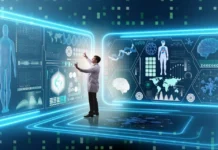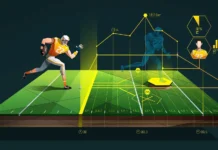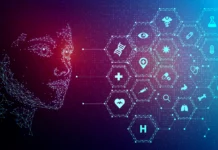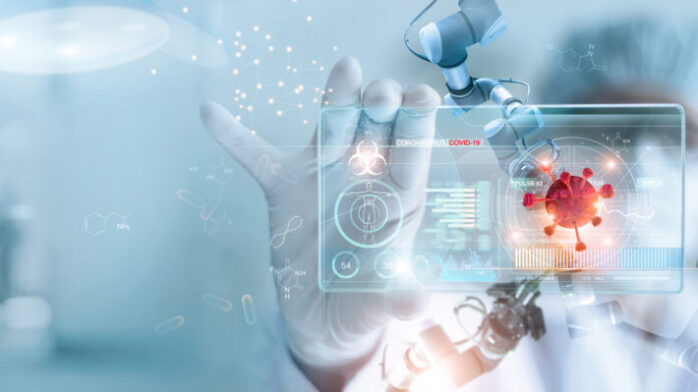
If there is one thing we learned from 2024 and the pandemic, it is that our healthcare systems are not ready to deal with something serious. The crisis showed us that technology has to evolve in order to address the current challenges in healthcare.
To put things as simple as possible, according to kalla.co, a modern healthcare technology service provider, the NHS, and every other similar organization in the world has to adapt things like artificial intelligence, robots, and IoT to survive and evolve.
Nowadays, global events forced the entire healthcare industry to adapt. We saw an increase in the use of telehealth platforms, more use of AI when diagnosing, and a huge emphasis put on data security. For instance, tracking and managing covid-19 development in a real-time setting can only be done with the use of modern technology.
Generally speaking, health-tech innovations can only be considered as being essential. At the same time, the true capabilities and potential are far from being realized. We need to use adaptable infrastructures in order to deal with health crises like the coronavirus pandemic and they have to be prepared to protect us for years to come.
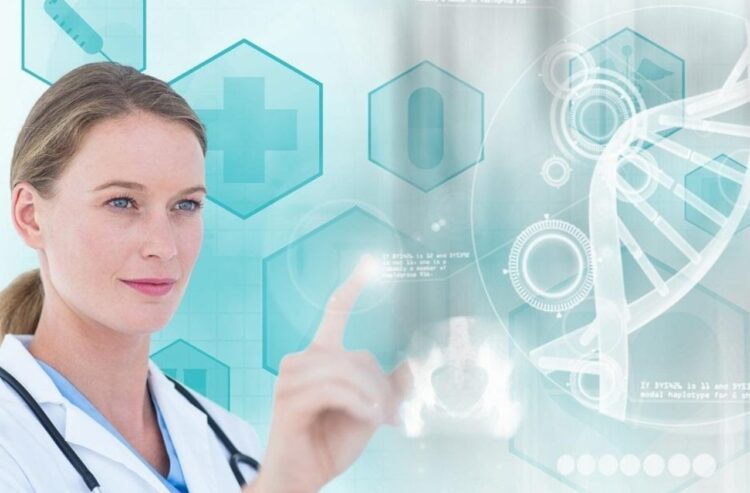
Healthcare And Technology Challenges
It is very important to acknowledge the fact that many countries from around the world are faced with a clear lack of technical infrastructure to deal with a large health crisis. The population is also aging, which will lead to an even more need to adapt to health concerns.
In healthcare, there was always a demand for quality and scalability. The population is living longer and we have many that live with some non-communicable diseases. Over 400 million from around the world right now suffer from diabetes. Regular medical checks are necessary and technology has to be used to democratize healthcare.
Artificial intelligence is already being used through machine learning applications. Medical professionals use this to understand some health conditions better. For instance, with the use of AI programs, a scientist can explore large amounts of data that is making up a cancer patient’s blood DNA. By using this insight, the scientist can detect mutations that will eventually be utilized to make it simpler to identify people at risk. It can even be useful to deal with the identification process of people that need further consultation.
with the use of pattern recognition, artificial intelligence will enable the screening of patients with a much higher efficiency and at a much higher scale. Doctors will be assisted in the disease management process. It will be easier to coordinate a patient’s long-term treatment healthcare plans and improve health.
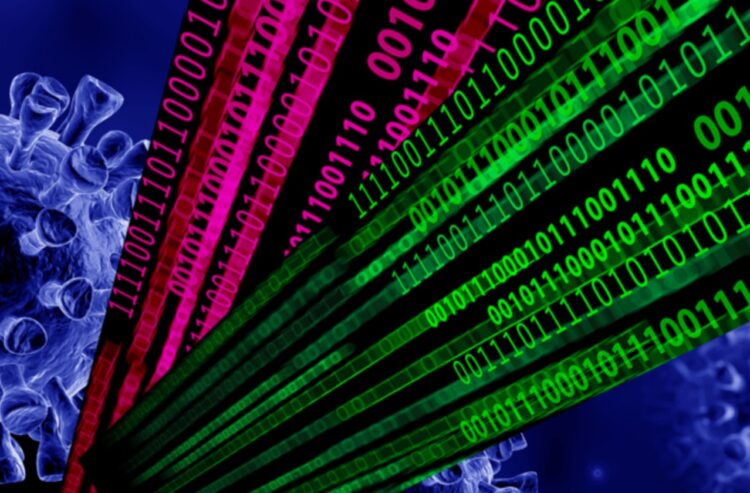
IoT Sensing Tech
IoT sensing tech allows us to deal with some major health threats in a different way than what we are used to, mainly with the use of supervision. When looking at consumer markets, we see smartwatches and several other wearable devices being used. They can track our exercise output or our heart rate. As we realize how such technologies are beneficial, we can use them even better to remotely monitor patients and improve record-keeping for medical systems.
As time passes, we will surely start to see sensors dispersed in our bodies. This will be very useful in tracking everything from temperature to oxygen and glucose levels. There will also be some smart devices that will be installed at home with some remote access available for healthcare professionals.
IoT devices will be adopted in a much broader way with daily health measurements generating biometric readings while we will use highly advanced machine learning algorithms in order to make sense of the data that is analyzed. After data is harvested, computational power will be used with the use of machine learning. This will allow doctors and clinicians to quickly identify emerging patterns. Results can then be presented to patients so that regular reports can be filed and comprehensive healthcare management becomes reality.
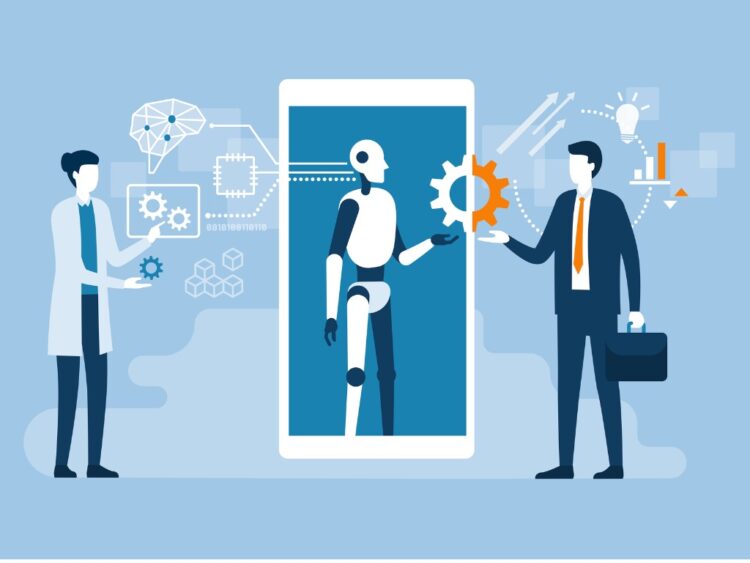
AI And Data Usage
No matter how we look at things, the 2024 coronavirus pandemic was something new for everyone in healthcare. As a result, we need to approach things in a different way. Artificial intelligence is now being used to identify groups that are at high risk and diagnose potential patients. Several studies showed us that people with some underlying chronic illnesses or health conditions, like cardiovascular disease, respiratory disease, cancer, or obesity, are at a high risk of developing complications because of the virus.
Artificial intelligence allows us to discover vaccines and new therapies. However, we still do not have enough data about covid-19 to train the current machine learning algorithms. It is also not possible to make the AI we use broader. IBM actually estimated that around 80% of all the health data we have access to is currently invisible to the systems used because it is not structured.
Covid-19 requires the use of real-time information. Different agencies need to work together in order to bring different data sources into one data store. After this happens, it will be easier to apply strict mathematical models that could fully use AI. This is going to identify patterns and some base predictions. This will aid us in better understanding the way in which the virus is manifesting itself in some specific conditions. Also, in the future, if something similar happens, origins could be mapped.
We will surely have a final AI form that will become popular because of covid-19. One clear application is the pretty common chatbot. People still stay at home and they self-isolate. With the use of natural language processing, we will better understand the individual’s physical and mental conditions. Online chatbots will allow us to easily collect information, forward cases, and advise when specific conditions are met.
Simply put, we need scalability. This will allow doctors to reach more people faster while making sure that our doctors and nurses are kept safe. It is really important to be able to perform diagnosis at safe distances, which will be much easier in the near future. While our current systems used in healthcare are effective, they need to be even more effective.
You can check out www.g4a.health for more information on how Covid-19 Impacting the Digital Health Landscape



